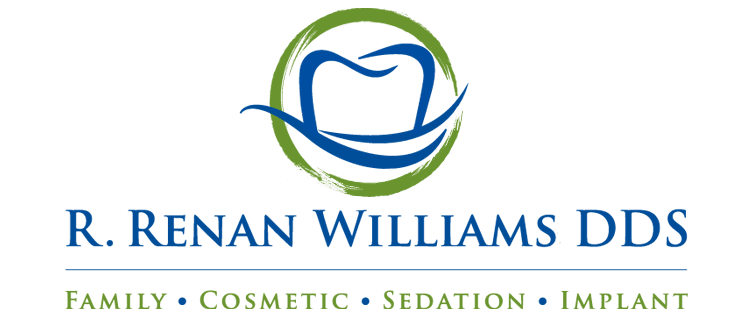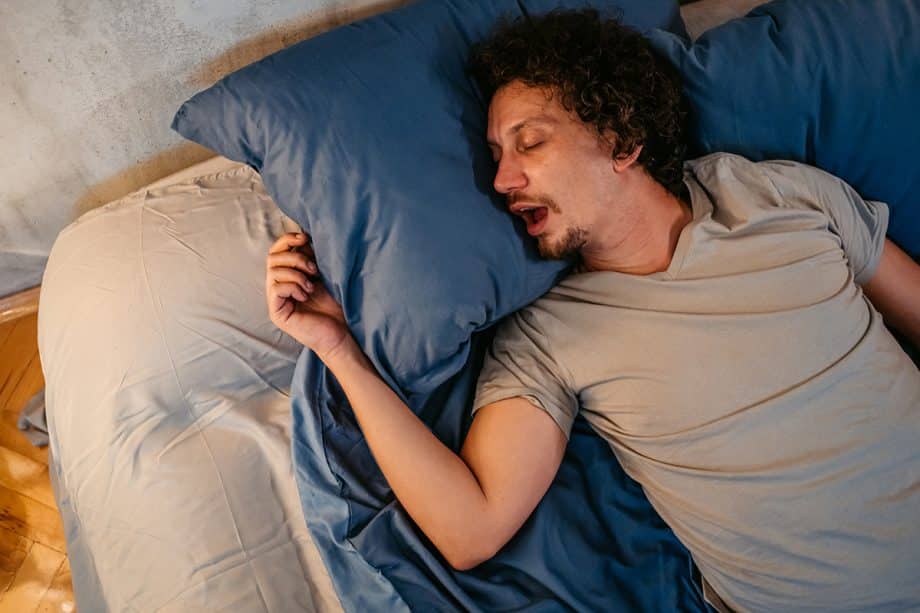Sleep apnea is a common condition affecting an estimated 30 million American adults. Children can also be diagnosed with sleep apnea, though not as frequently as adults. Sleep apnea is the medical term for obstructed breathing, or sleep disordered breathing. It is characterized by snoring and pauses in breathing that interrupt the body’s natural sleep cycles, resulting in a lack of quality sleep.
With so many people being affected by sleep apnea, you may be wondering if it can be cured. The answer may surprise you.
What is Sleep Apnea?
Sleep apnea is a disorder that affects your breathing when you sleep. When you lay down to sleep, especially on your back, your tongue slides back toward your throat and other soft tissues toward the back of your mouth relax, blocking your airway. A partial blockage results in snoring as the air moves over these tissues causing vibrations. Complete blockage causes you to stop breathing for seconds or even minutes at a time until your brain rouses you from sleep so that you can resume breathing. This results in frequent disruptions to your sleep cycles, preventing you from achieving a deep state of sleep that is necessary for adequate rest.
Symptoms of Sleep Apnea
He following symptoms are warning signs that you may have sleep apnea:
- Loud snoring
- Pauses in breathing
- Gasping for air
- Dry mouth
- Headaches, especially in the morning
- Sore throat
- Irritability
- Lack of energy
- Dozing off easily or frequently throughout the day
Treatment for Sleep Apnea
There are two main treatments for sleep apnea that prevent airway obstruction:
- CPAP machine. A Continuous Positive Airway Pressure machine consists of a mask worn over your nose, mouth, or both that delivers a constant flow of air that keeps your airway open while you sleep.
- Oral appliance. A custom oral appliance can be made for you to wear at night that positions your jaw forward to prevent your tongue from sliding back toward your throat and blocking your airway.
Both of these options treat the symptoms of sleep apnea, but do not provide a permanent cure. As long as you are wearing them, they will allow you to get quality sleep at night. But if you were to discontinue use, your symptoms would return.
Curing Sleep Apnea
There are some treatments that may provide a cure for sleep apnea, such as:
- Orthodontic treatment. In some cases orthodontic treatment can cure sleep apnea by providing space for the tongue to rest properly against the root of the mouth between the teeth rather than sliding back toward the throat.
- Throat surgery. There are a variety of surgical procedures that can be performed on the throat to remove excess tissue or firm the existing tissue with the goal of keeping your airway open.
- Jaw surgery. Restructuring or reshaping of the jaw through surgery can prevent the tongue from sliding back and blocking your airway.
These options may provide a permanent cure for your sleep apnea symptoms, allowing you to get quality sleep at night without the need for any machines or appliances. However, these procedures may not be effective for everyone.
Do You Have Sleep Apnea?
If you think you may have sleep apnea, talk to your dentist about your symptoms. Dentists are qualified to diagnose and treat sleep apnea in a variety of ways. Together you and your dentist can determine the best course of treatment to help you get better quality sleep at night.
Frequently Asked Questions About Sleep Apnea
Do you have to see a sleep specialist to get diagnosed with sleep apnea?
No, it is not necessary to see a sleep specialist for a sleep apnea diagnosis. Through an oral assessment and a discussion of your symptoms, your dentist can make a diagnosis and recommendation for treatment.
What other health conditions can sleep apnea cause?
Sleep apnea that goes untreated can lead to serious medical conditions such as heart disease, stroke, high blood pressure, and diabetes. It also increases your risk of falling asleep at the wheel and other accidents.
Contact R. Renan Williams, DDS
If you have symptoms of sleep apnea, R. Renan Williams, DDS can help. Call 817-281-4801 or contact us today to learn more and schedule an appointment.

